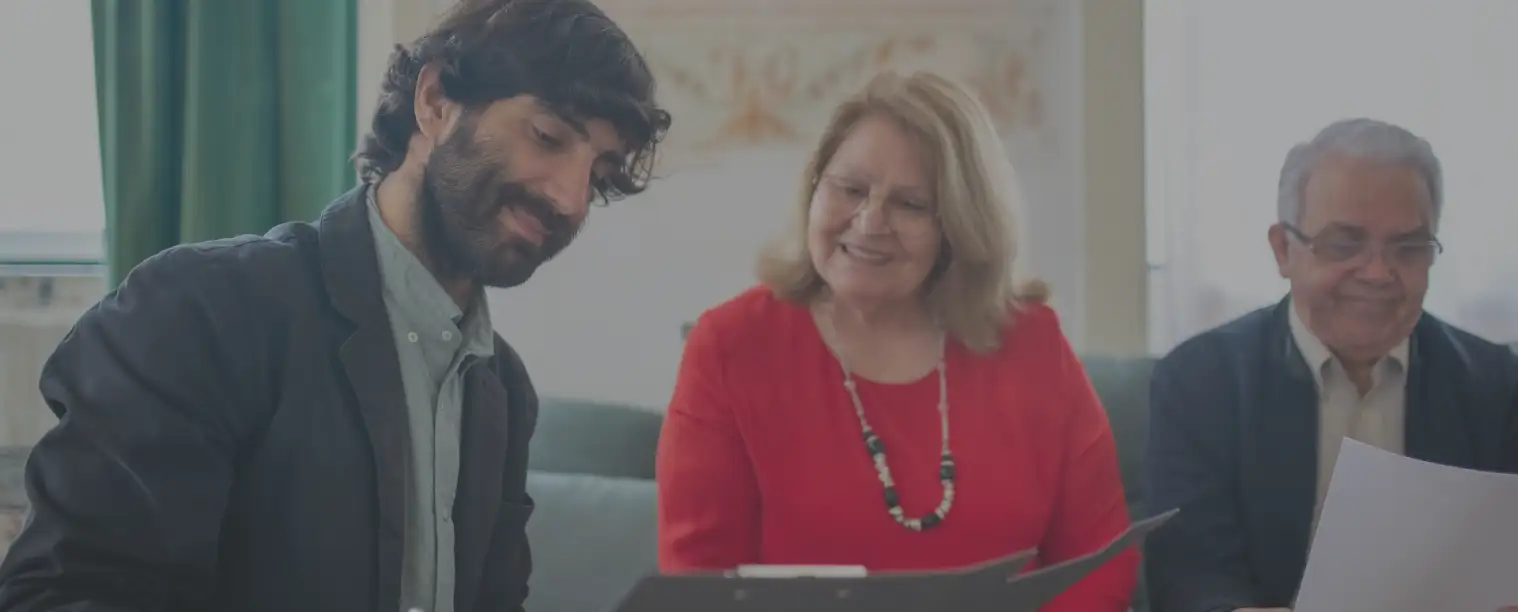When you’re depressed, rewarding yourself with something nice or having a meal to recognize recent accomplishments is common. However, small “treats” such as these might be emotional spending. If you often feel bad about spending money on items you won’t use, you can be an emotional spender, which is more common than you realize. Thus, learning how to recognize and avoid emotional spending is important.
How to Recognize Emotional Spending
When you spend money emotionally, it usually makes you feel better. These feelings could include tension and melancholy as well as joy and celebration. Another name for emotional spending is impulsive spending. It refers to choices made at the moment to spend money on things that are neither required nor within one’s means.
An example of an impulsive purchase might be picking up a new pair of headphones while shopping for a coffee machine.
Triggers of Emotional Spending
- Envy: You buy things to keep up with your friends.
- Guilt: You treat yourself badly when you fail.
- Fear: You’re anxious. Thus you use shopping as a diversion because of fear.
- Sadness: You purchase new items to improve your mood.
- Achievement: You achieved your goal, so you rewarded yourself too much.
How to Avoid Emotional Spending
1. First, identify your emotional triggers
Identify your emotional triggers first. Ask yourself, “Why am I out shopping?” the next time you go shopping. Your old socks have holes so you might need some new ones. Or perhaps you’re shopping to get an endorphin high. A new pair of shoes may make you happy today, but it will hinder your ability to reach your financial objectives.
2. Remain still and breathe
Take a deep breath if you notice yourself doing emotional window shopping. Make tea, have a conversation, or write in your diary. Identifying your spending triggers is a critical first step. Think for a moment and keep in mind that nobody is flawless. Consider waiting a week before purchasing the thing you were considering to prevent making hasty judgments.
3. Delete email newsletters and shopping apps
To stop being tempted is the next stage. You might consider reducing your consumption if you’re unhealthily hooked to coffee. Try the same thing with your spending! Delete your preferred shopping app, stop receiving email newsletters, and avoid shopping malls. It might be too much work to redownload the app and log in to make an impulse purchase.
4. Look for and evaluate additional coping mechanisms
Instead of wanting to buy something new, think of something that brings you happiness or helps you grow. You can either start a side gig that brings extra money or take up a new sport. If you don’t have many interests, try finding some. This way, you can treat yourself without losing money. A self-care night at home can be the ideal substitute for purchasing a new skincare product.
Final Verdict
Recognizing and avoiding emotional spending is crucial if you’re trying to save your hard-earned money. One of the best ways is to leave your card at home while going to events or doing errands that might strain your pocketbook. Think about only bringing the necessary quantity of money, not more.
Each method you adopt toward the direction of your objectives is a positive step. Make sure to have a cup of handmade coffee or baked pastries to commemorate your minor victories.






